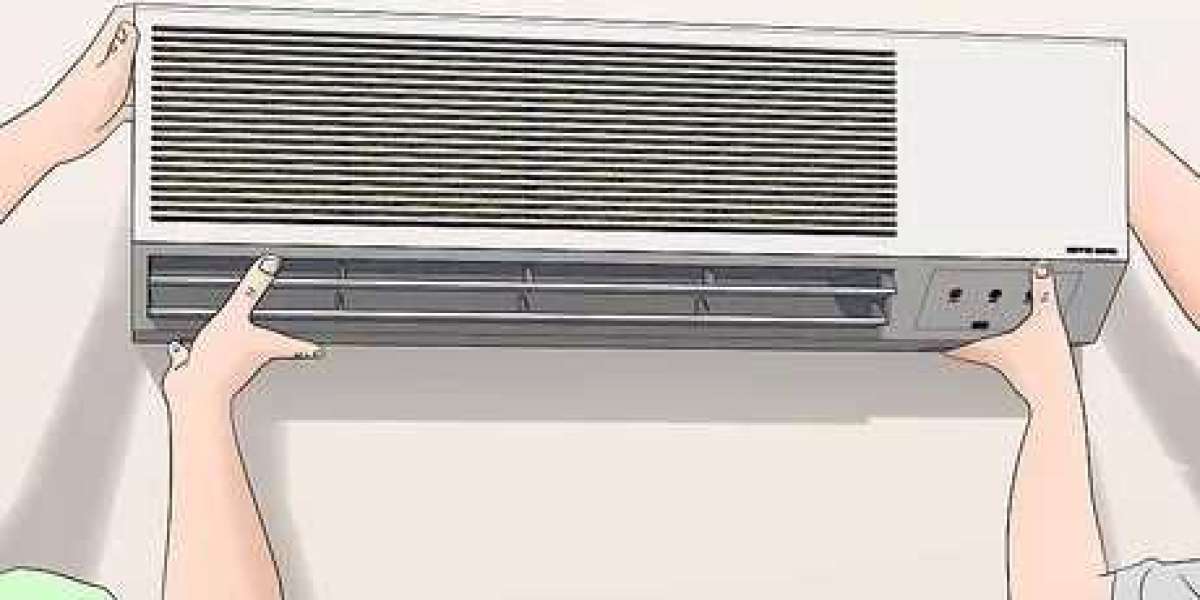Air source heat pump are an essential component of many heating systems around the world, including Europe. They work by extracting energy from the surrounding air, ground, or water and transforming it into heat, making them more energy efficient and eco-friendly than traditional heating systems.
However, like any mechanical system, heat pumps can develop problems over time, which can impact their efficiency and effectiveness. This essay will discuss common heat pump problems in Europe and methods for troubleshooting and resolving them.
Before discussing common heat pump problems, it is essential to consider the context in which heat pumps are used. The heating can be generally divided into urban and rural areas.
- Urban areas typically use centralized heating systems that supply heat through pipes to residential buildings, schools, and workplaces.
- Rural areas rely on a range of heating sources, including biomass fuels like wood, which can be burnt in fireplaces or stoves.
A Lack of Heating or Cooling
One of the most common heat pump problems in Europe is a lack of heating or cooling. When the heat pump system fails to produce warm or cool air, it can lead to discomfort and reduced energy efficiency.
A lack of heating or cooling can be caused by several issues, including faulty thermostat settings, clogged filters, or malfunctioning heat exchangers.
To troubleshoot this problem, one must check the thermostat settings to ensure they are set to the correct temperature. If the settings are correct, the filters should be checked and cleaned or replaced if necessary.
If the filters are not the cause of the problem, a heat exchanger may be dirty or need replacing
Frost or Ice
Another common heat pump problem in Europe is frost or ice buildup on the outdoor unit. This can occur due to low temperatures, reduced airflow, or low refrigerant levels. When frost or ice buildup appears, it indicates that the heat pump is not working efficiently, and it can lead to the system shutting down entirely.
To troubleshoot this problem, one first needs to turn off the heat pump and allow the ice or frost to melt. Afterward, the filters, refrigerant levels, and airflow should be checked to ensure there are no further issues.
Compressor Failure
A third common heat pump problem in Europe is compressor failure. The compressor is an essential component of a heat pump system that is responsible for removing heat from the outside air and transferring it indoors. Compressor failure can result from several reasons, including incorrect installation, lack of maintenance, or low refrigerant levels. When the compressor fails, the heat pump system will not be able to produce heat or cool air, leading to reduced efficiency and an increased risk of downtime.
To troubleshoot this problem, one first needs to check the electrical connections and ensure the heat pump is receiving adequate power. If the electrical system is working correctly, the refrigerant levels should be checked, and the compressor should be inspected for signs of wear or damage.
In conclusion, heat pumps are an excellent investment for those seeking an energy-efficient and eco-friendly heating system.
However, they can experience problems like any mechanical system, leading to reduced efficiency or outages.
To troubleshoot these problems, one must consider the context in which the heat pump is being used, the specific cause of the issue, and any applicable regulations, policies, or guidelines.
If in doubt or if problems persist or considering installing a heat pump, it is always advisable to seek the Alsavo air source heat pump manufacturer to ensure safe, efficient, and sustainable heating practices. The service is free, without obligation, and takes only a few minutes.









